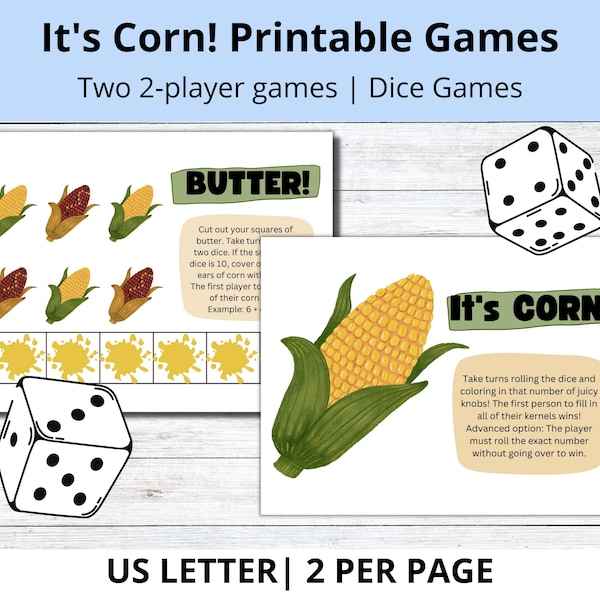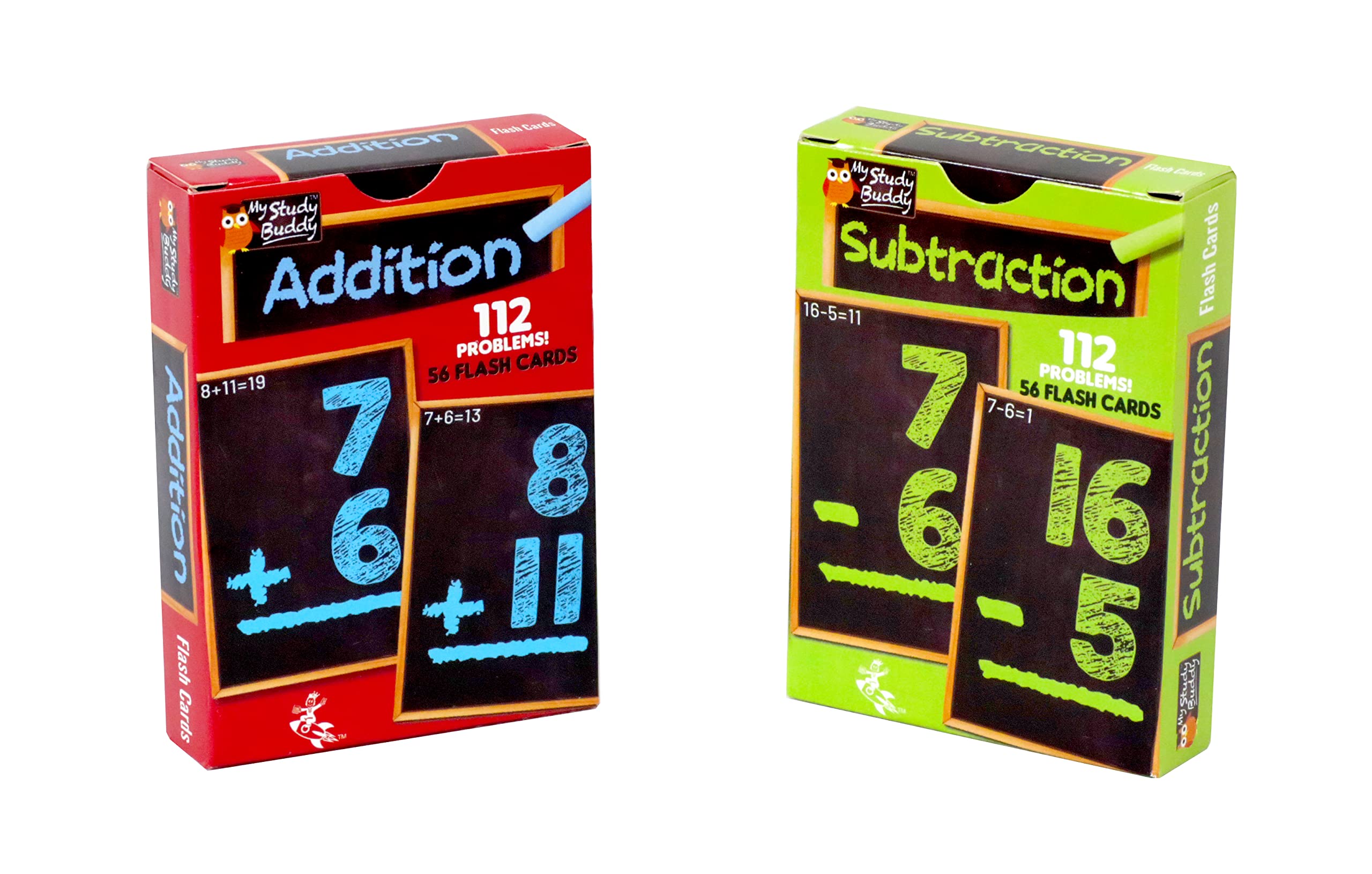7 Benefits of Playing Math Games Daily
- Improved Number Sense: Regular gameplay develops intuitive understanding of mathematical relationships and patterns.
- Enhanced Problem-Solving Skills: Games present math challenges in engaging contexts that encourage creative thinking.
- Reduced Math Anxiety: Fun, low-pressure environments help students overcome fear of mathematics.
- Better Memory Retention: Interactive learning creates stronger neural pathways for mathematical concepts.
- Increased Motivation: Achievement systems and rewards keep learners engaged and motivated to continue practicing.
- Social Learning Opportunities: Multiplayer games encourage collaboration and peer learning experiences.
- Adaptive Learning Pace: Games adjust difficulty levels to match individual learning speeds and abilities.



